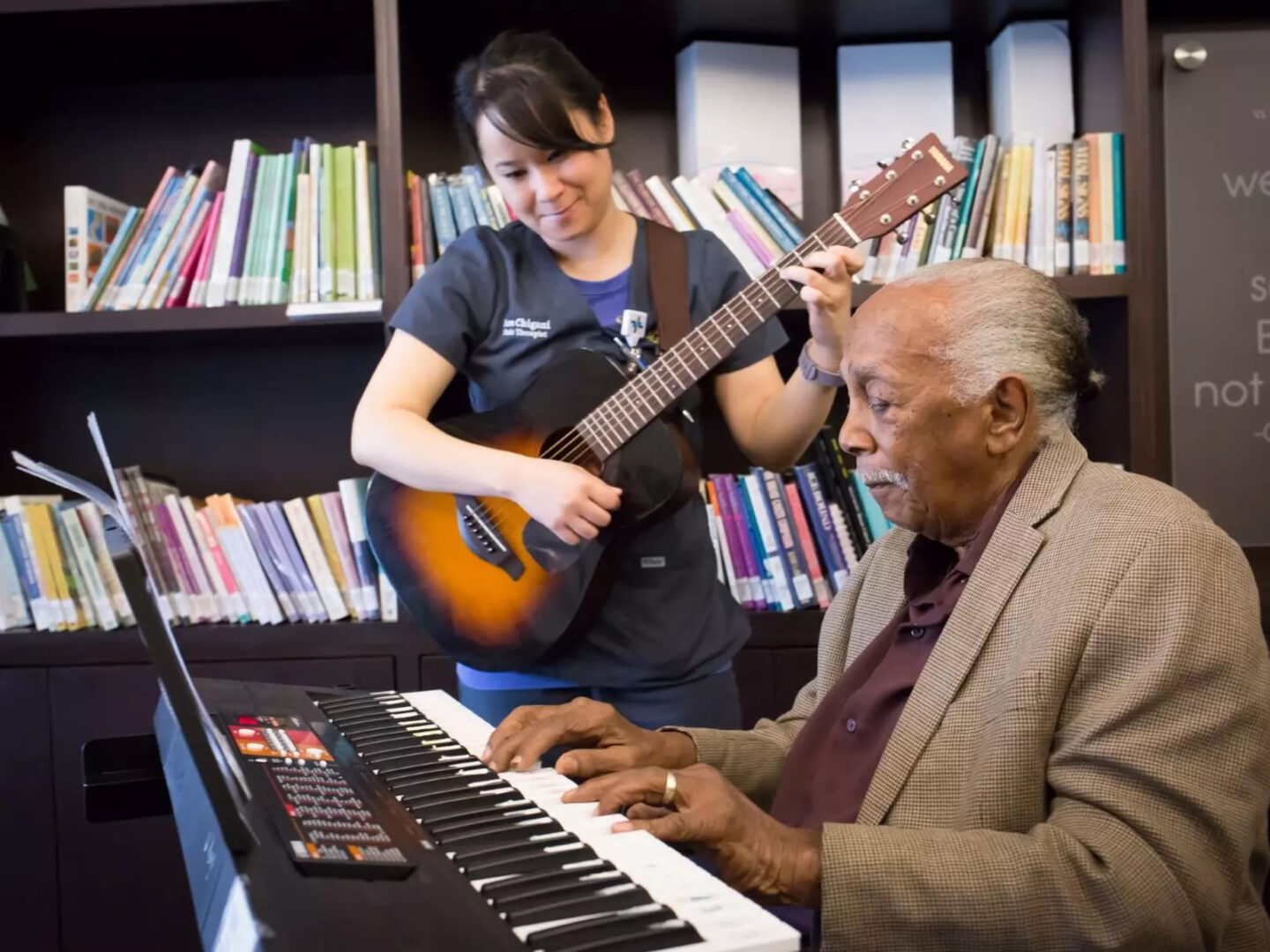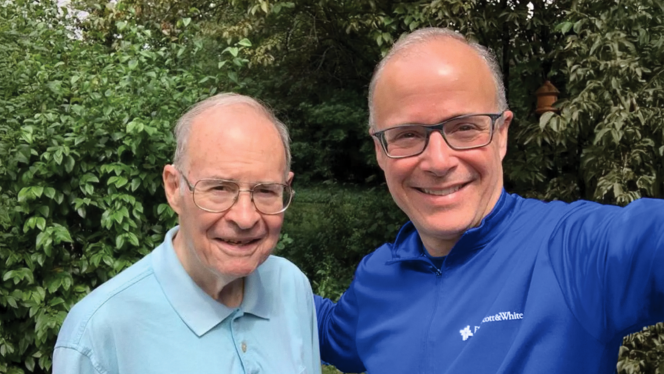In this Article
- Three Baylor Scott & White experts answer questions many have asked.
- What is the best way to prevent infection from COVID-19?
- Should I get a booster if I have hadthe vaccine?
- How has Omicron impacted the ED differently than other variants?
- How has Omicron impacted staff in the emergency department?
- When do we expect this wave of the Omicron variant to subside?
- When do we expect this wave of the Omicron variant to subside?
- How has Omicron impacted care at BUMC compared to earlier wavesof the pandemic?
Three Baylor Scott & White experts answer questions many have asked.
In this Article
- Three Baylor Scott & White experts answer questions many have asked.
- What is the best way to prevent infection from COVID-19?
- Should I get a booster if I have hadthe vaccine?
- How has Omicron impacted the ED differently than other variants?
- How has Omicron impacted staff in the emergency department?
- When do we expect this wave of the Omicron variant to subside?
- When do we expect this wave of the Omicron variant to subside?
- How has Omicron impacted care at BUMC compared to earlier wavesof the pandemic?
Baylor Scott & White Health is fighting the pandemic on many fronts—from helping to heal the sickest of the sick to receiving people with life-threatening emergencies and infections in the emergency department, to administering vaccines and information that keep people well.

Vaccinations for Personal Health
Alex Arroliga, MD,
Chief Medical Officer Baylor Scott & White Health
What is the best way to prevent infection from COVID-19?
One of the mistakes people have been making over the last two years is that they use only one approach to treat or prevent COVID-19, either the mask or physical distancing, or they take the vaccine with the hope that they do not need the mask. The reality is that with this powerful virus, we need a combination of weapons in order to win this battle—we need to use all the forces we have available in order to secure a win. We need the vaccine, the booster, the mask and physical distancing. We also need common sense, and we need to care for each other.
Should I get a booster if I have had
the vaccine?
Booster doses are needed in almost every type of vaccine. For example, as an adult, you still need a tetanus booster. Boosters have been shown to be safe and effective. It has been a blessing that we had a technology two decades in the making that was able to be available and successful in producing a safe, high-quality vaccine.

On the Ground in the Emergency Departments
John S. Garrett, MD,
Chief of Emergency Medicine Baylor University Medical Center
How has Omicron impacted the ED differently than other variants?
While other COVID-19 variants slowly ramped up and gave us a bit of time to acclimate, Omicron surged so quickly that over the course of only a couple of weeks we went from a record low number of COVID-19 patients to a record high number. Though Omicron did appear to be less likely to cause severe infections from COVID-19 (requiring hospitalization), the sheer number of people who had COVID-19 quickly resulted in a tremendous number of people who both sought care in the ED and who ultimately required admission to the hospital.
How has Omicron impacted staff in the emergency department?
Our experience at Baylor University Medical Center mirrored that of hospitals across our system and the state. The Omicron surge resulted in a tremendous number of patients who needed hospitalization. This caused longer wait times, which was difficult for everyone. Our staff developed unique approaches to care for patients and demonstrated
an amazing aptitude for flexibility. I’m very proud of our entire team.

Comparing Omicron to Previous Surges
Amy Wilson, MD,
Chief Medical Officer Baylor University Medical Center
When do we expect this wave of the Omicron variant to subside?
Recent predictive models are showing that hospitalizations will decrease to a low point—similar to what we saw after Delta—sometime in April. It is important to note, though, that vaccination is still the best defense to decrease the risk of hospitalization from the disease, and to slow the spread. The decrease is also dependent on adherence to masking, distancing and staying home when ill.
When do we expect this wave of the Omicron variant to subside?
Recent predictive models are showing that hospitalizations will decrease to a low point—similar to what we saw after Delta—sometime in April. It is important to note, though, that vaccination is still the best defense to decrease the risk of hospitalization from the disease, and to slow the spread. The decrease is also dependent on adherence to masking, distancing and staying home when ill.
How has Omicron impacted care at BUMC compared to earlier waves
of the pandemic?
The Omicron wave was similar to prior waves, except it happened at a quicker pace and higher overall volume because of its high transmissibility. Omicron caused us again to quickly pivot on the treatment options available to us. For example, monoclonal antibody treatments available to us in the Delta wave were no longer effective for treatment of Omicron. We moved to sotrovimab as the main monoclonal antibody, only to have it in very short availability due to high demand and limited supply. Fortunately, other treatment options, like remdesivir, an antiviral IV medication, were options. The notable thing about remdesivir is that some of the research and clinical trials needed to prove its efficacy and role in this disease were studied by top physician scientists at BUMC.








